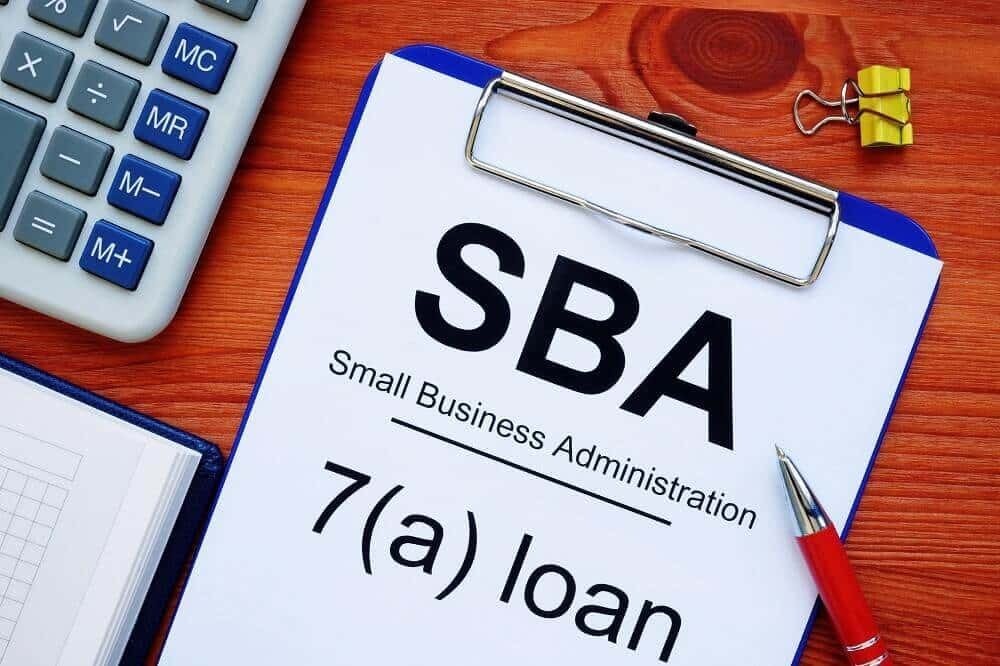Starting a business is an exciting venture, but it can also be a financial challenge—especially when it comes to securing the capital needed to get your Nevada startup off the ground. Fortunately, Nevada entrepreneurs have a variety of funding options available to them, with Small Business Administration (SBA) loans being one of the most popular. In this blog, we’ll explore SBA loans, their benefits, and other funding options for Nevada startups.
1. What is an SBA Loan?
An SBA loan is a type of loan backed by the U.S. Small Business Administration (SBA) designed to help small businesses access affordable funding. The SBA doesn’t lend money directly to businesses; rather, it guarantees a portion of the loan that banks and other lenders provide. This reduces the risk for lenders, making it easier for startups to secure funding.
The most common SBA loan programs for startups include:
- SBA 7(a) Loan Program: The SBA’s flagship loan program offers up to $5 million in financing for a variety of purposes, including working capital, equipment, and real estate.
- SBA 504 Loan Program: Ideal for purchasing large fixed assets, such as real estate or equipment, these loans are typically used by businesses that need significant capital investments.
- SBA Microloan Program: Designed for very small businesses and startups, SBA Microloans offer up to $50,000 and are often easier to qualify for than other SBA loans.
2. Benefits of SBA Loans for Nevada Startups
SBA loans have several advantages that make them a great option for entrepreneurs in Nevada:
- Low Interest Rates: SBA loans typically offer lower interest rates than traditional bank loans, which can save you money in the long run.
- Longer Repayment Terms: SBA loans often come with longer repayment terms, giving you more time to repay the loan and manage your cash flow.
- Lower Down Payments: Depending on the loan type, SBA loans may require lower down payments, which can ease the financial burden on startups.
- Easier Qualification: Because SBA loans are partially guaranteed by the government, they are often easier to qualify for compared to traditional business loans, even for startups without extensive credit history.
3. Eligibility Requirements for SBA Loans
While SBA loans are accessible, they come with certain eligibility criteria. To qualify, you’ll generally need to meet the following requirements:
- Business Size: Your business must qualify as a “small business” according to SBA standards. These standards vary by industry and can be based on the number of employees or annual revenue.
- Time in Business: SBA loans are typically available to businesses that have been operating for at least 2 years, though there are exceptions.
- Creditworthiness: While the SBA guarantees the loan, lenders still require a strong credit history to ensure repayment ability. However, startups may qualify with a solid business plan and collateral.
- Collateral: Many SBA loans require collateral, such as real estate or equipment, to secure the loan.
- Personal Guarantee: As a startup owner, you may be required to personally guarantee the loan, making you personally liable if the business fails to repay.
4. Alternative Financing Options for Nevada Startups
While SBA loans are an excellent choice for many startups, they aren’t the only option available. Depending on your business needs, you may want to consider these alternative funding sources:
Traditional Bank Loans
Traditional loans from banks offer competitive interest rates but can be difficult to obtain, especially for startups. They typically require a strong credit history, collateral, and a proven business track record. However, if your Nevada startup has a solid business plan and financials, this could be a viable option.
Nevada State-Based Financing Programs
Nevada offers several state-specific programs designed to support local businesses. Programs such as the Nevada Capital Investment Corporation (NCIC) and Nevada State Treasurer’s Office may provide financing or connect you with lenders who specialize in startup funding.
Microloans from Nonprofit Lenders
If your startup is small and just getting started, you may want to look into microloan programs. Nonprofit lenders, such as Accion, offer smaller loans (often up to $50,000) with lower interest rates and more flexible terms. These loans are ideal for businesses that may not qualify for traditional loans or SBA loans.
Angel Investors and Venture Capital
If you’re open to giving up equity in your business, angel investors and venture capitalists (VCs) could provide funding in exchange for a share of your company. Nevada is home to a growing entrepreneurial ecosystem, and there are many local angel investors and VC firms that actively seek startups with high growth potential.
Crowdfunding
Online crowdfunding platforms like Kickstarter, Indiegogo, or GoFundMe allow entrepreneurs to raise funds from a wide range of individual investors. Crowdfunding can be especially effective for consumer-oriented products, but it also requires an effective marketing strategy to gain traction.
Peer-to-Peer Lending
Peer-to-peer (P2P) lending platforms, such as LendingClub or Funding Circle, connect borrowers with individual investors who fund loans. These platforms often have more relaxed requirements than traditional banks and can provide faster access to capital.
Grants and Competitions
Some federal, state, and local government programs offer grants to support Nevada startups, particularly in specific industries like tech, manufacturing, or green energy. Competitions like the Nevada Business Plan Competition can also offer prize money and funding opportunities for emerging startups.
5. How to Choose the Right Funding Option for Your Startup
With so many funding options available, it’s essential to choose the one that best aligns with your business goals and financial situation. Here are some questions to consider:
- How much funding do you need? If you need a significant amount of capital (e.g., for equipment or expansion), SBA loans or traditional bank loans might be a good fit. For smaller amounts, microloans or crowdfunding may be more suitable.
- How quickly do you need the funds? SBA loans can take several weeks to process, so if you need fast access to capital, consider P2P lending or a business line of credit.
- What are your growth plans? If you expect rapid growth and are willing to give up equity, angel investors or venture capital might be the way to go.
- What are your eligibility criteria? Be realistic about your business’s creditworthiness, time in business, and collateral availability. SBA loans are often more forgiving for new businesses, but alternative funding sources may have different criteria.
6. Conclusion: Financing Your Startup in Nevada
Securing funding for your startup in Nevada can be a daunting process, but with the right preparation and knowledge of available options, you can increase your chances of success. SBA loans are an excellent option for many Nevada entrepreneurs, offering low interest rates, long repayment terms, and government backing. However, depending on your specific needs and eligibility, other financing options like traditional bank loans, microloans, angel investors, and crowdfunding may be worth exploring.
Before making a decision, take the time to evaluate your business’s financial situation, funding needs, and long-term goals. With careful planning and a strategic approach to securing capital, your startup can take the next step toward success in the competitive Nevada market.




